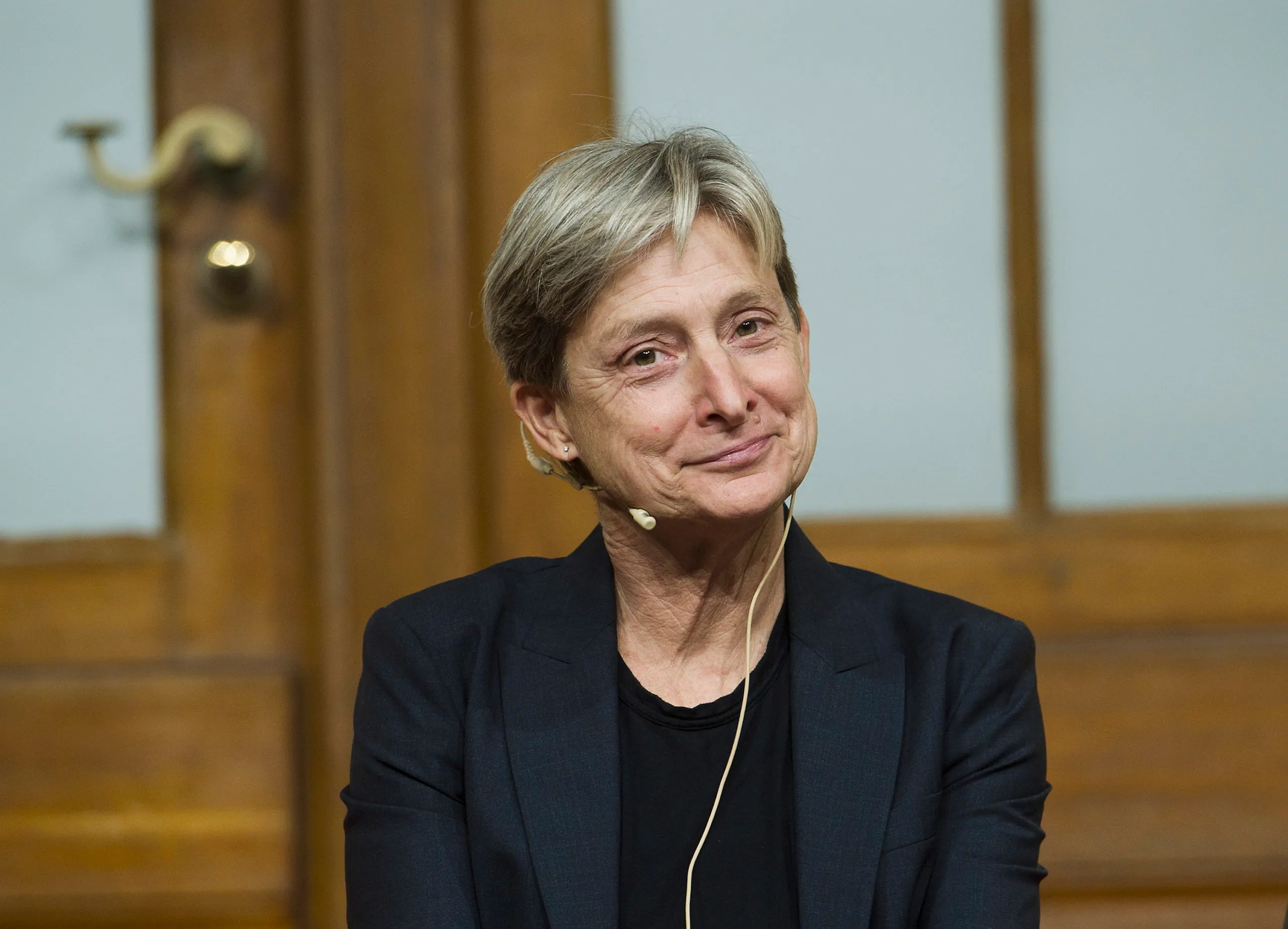BERLIN, GERMANY – SEPTEMBER 15: Judith Butler poses for a photo at the Jewish Museum on September 15, 2012 in Berlin, Germany. Butler is a philosopher and professor awarded the Theodor W. Adorno Award this year. (Photo by Target Presse Agentur Gmbh/Getty Images)
Philosopher and feminist icon Judith Butler has explained why “rethinking the category of ‘woman’” to include trans women is vital in “securing greater freedoms for women”.
Butler’s 1990 book Gender Trouble is a text that proved foundational to the development of queer theory.
In an interview with The Guardian, Butler reflected on the book 31 years later, and explained that “it was meant to be a critique of heterosexual assumptions within feminism, but it turned out to be more about gender categories”.
Before the book’s publication, and since, “what it means to be a woman does not remain the same from decade to decade”, they said.
They continued: “The category of woman can and does change, and we need it to be that way.
“Politically, securing greater freedoms for women requires that we rethink the category of ‘women’ to include those new possibilities.
“The historical meaning of gender can change as its norms are re-enacted, refused or recreated. So we should not be surprised or opposed when the category of women expands to include trans women.”
Judith Butler also insisted that they believe the ever-changing nature of the term “women” is also a concept that should be applied to the term “men”.
“Since we are also in the business of imagining alternate futures of masculinity,” they said, “we should be prepared and even joyous to see what trans men are doing with the category of ‘men’.”
Judith Butler slams TERFs as ‘allied’ with right-wing fascism
Links between the “gender critical” feminist movement and the far-right have been well-documented, and Judith Butler said: “It is very appalling and sometimes quite frightening to see how trans-exclusionary feminists have allied with right-wing attacks on gender.”
The “anti-gender ideology” is not seeking to dispute the definition of gender, but to eradicate it “as a concept or discourse, a field of study, an approach to social power” altogether, they said.
Butler added: “The TERFs [trans exclusionary radical feminists] and the so-called gender critical writers have also rejected the important work in feminist philosophy of science showing how culture and nature interact… in favour of a regressive and spurious form of biological essentialism.”
They described that the “anti-gender ideology is one of the dominant strains of fascism in our times”, and so TERFs “will not be part of the contemporary struggle against fascism”.
